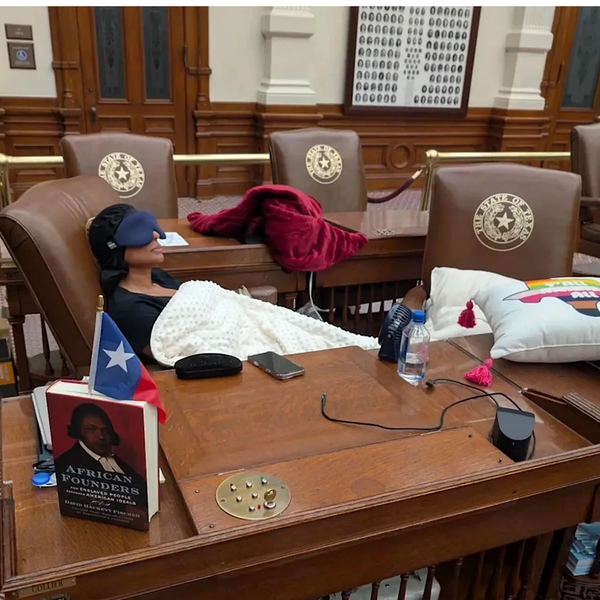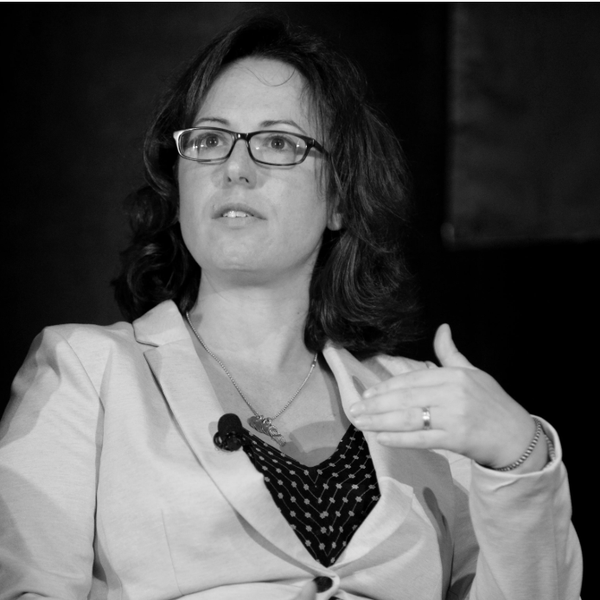Like House Bill, Senate Trumpcare Version Would Deprive Millions Of Coverage

Reprinted with permission from Alternet.
Senate Majority Leader Mitch McConnell released a summary of the latest Obamacare repeal legislation late Wednesday, ending a Washington waiting game after secret drafting sessions, but depicting a bill that will have dire consequences for much of America.
McConnell’s summary tries to put a softer spin on the Republicans’ most strident attack on health safety nets in decades. It preserves most of the features of the House-passed bill, which repeals Obamacare, shrinks future Medicaid funding by a quarter and rewards the rich with tax cuts. The non-partisan Congressional Budget Office said the House bill would leave 24 million Americans without health care while increasing insurance costs and reducing coverage for almost everyone apart from healthy young adults.
Unlike the House, the Senate bill phases in the cuts to federal health spending over the next few years, instead of immediately pulling the carpet out from millions of Americans who were resting a little easier because they had some measure of health security. It will “rejigger” Obamacare subsidies for lower-income people buying private insurance, while gradually limiting their eligibility.
That’s the takeaway as first reported by the Washington Post. On Thursday morning, McConnell is to meet with “wary senators,” the Post reported, adding he will likely tinker with the bill’s details to try to get to 51 votes to pass it.
“The bill largely mirrors the House measure that narrowly passed last month but with some significant changes,” the Post said. “While the House legislation pegged federal insurance subsidies to age, the Senate bill would link them to income as the ACA [Affordable Care Act, or Obamacare] does. The Senate proposal cuts off Medicaid expansion more gradually than the House bill, but would enact deeper long-term cuts to the health-care program for low-income Americans. It also removes language restricting federally subsidized health plans from covering abortions, which may have run afoul of complex budget rules.”
It’s likely many nasty details will come to light as interest groups, health policy experts, Senate Democrats and their staff parse the legislative language, as opposed to McConnell’s talking points.
In many respects, McConnell’s revisions are not a surprise. They resemble the anti-Obamacare bill he shepherded in late 2015, which included closing government health care exchanges, scrapping subsidies for premiums, repealing Medicaid expansion in 30 states, ending tax penalties for people who don’t buy insurance and employers who don’t offer it, repealing its taxes on businesses, individuals and medications, and eliminating funding for Planned Parenthood. Variations of those features have been resurrected in the new Senate bill, although there is new language giving states some flexibility in how they will draw down their Medicaid spending. The brunt of that may not take effect until 2020. But the end result is the same: Republicans have used the rallying cry of repealing Obamacare not just to gut the law, but to structurally change and shrink Medicaid and give wealthy people a tax cut.
Earlier Wednesday, the Post reported other details that were leaking out. The Senate would make deeper cuts to Medicaid than the $820 billion taken out of the program by the House. It would do so by converting it into a per-capita block grant program, which will push states to ration current levels of care unless they raised their taxes. The Senate would also tie future funding increases to a stingier inflation index, pleasing fiscal conservatives.
The pending cuts in Medicaid and Obamacare subsidies will be phased in over the next few years, not immediately. That means the numbers of people receiving premium subsidies would gradually shrink as the maximum qualifying income is lowered. All of the Obamacare taxes will vanish, except for those people with the priciest “Cadillac” plans.
Andy Slavitt, who ran Medicare and Medicaid programs for the Obama administration, has noted that the House-passed bill would not just prompt 24 million people to lose coverage over the next 10 years. Those who keep their coverage will see costs rise 15 to 20 percent, or more if you’re older or live in rural areas. The Medicaid cuts, one-quarter of its future budget, will mean fewer kids, seniors, people with disabilities and poor people will be covered, he said. Some 7 million people who now get coverage through their employer will lose it. If you have elderly relatives in need of nursing home care (the part of Medicare paid by Medicaid), that coverage also will be reduced, he explained.
The House bill also repealed minimum coverage requirements, which means insurance premiums, co-pays and deductibles will rise, whereas what’s covered in policies will shrink. Early analyses of the Senate bill said that approach was retained. “Essential benefits & value of benefits no longer protected in Senate bill—gutting pre-ex[isting] protections,” Slavitt tweeted.
Democrats Weren’t Idly Waiting
Democratic senators had been anticipating McConnell’s bill. That’s why they started slowing down the Senate’s business. They also held a series of hearings to emphasize who would be hurt, especially in red states. The Democratic Policy and Communications Committee, led by Michigan Sen. Debbie Stabenow, held a hearing Wednesday on how the bill “would devastate rural America.”
On Tuesday, Pennsylvania Democratic Sen. Robert Casey and West Virginia Democrat Joe Manchin issued a report with police saying they were worried about how the bill would hurt efforts to fight the opioid epidemic. Meanwhile, consumer groups and medical associations have been holding forums around the country to hear the public explain how Obamacare has helped them, especially people with pre-existing conditions who could not previously get health insurance. Center-left groups like Indivisible were staging sit-ins in Senate offices of Republicans who expressed reservations about the Medicaid rollbacks.
People who have been watching Republicans rant about repealing Obamacare for years had a pretty good idea of what McConnell was about to drop in everyone’s lap. The broad contours are unchanged. Twenty-something million Americans will lose private coverage. Those on Medicaid—most of whom are women, children and the disabled—will see services cut by a quarter or more. And just about everyone in America who is not among the top 2 percent will see more money vanish from their paychecks and savings, as insurance executives, hospital corporations and drug makers get richer.
Steven Rosenfeld covers national political issues for AlterNet, including America’s democracy and voting rights. He is the author of several books on elections and the co-author of Who Controls Our Schools: How Billionaire-Sponsored Privatization Is Destroying Democracy and the Charter School Industry (AlterNet eBook, 2016).
This article was made possible by the readers and supporters of AlterNet.








